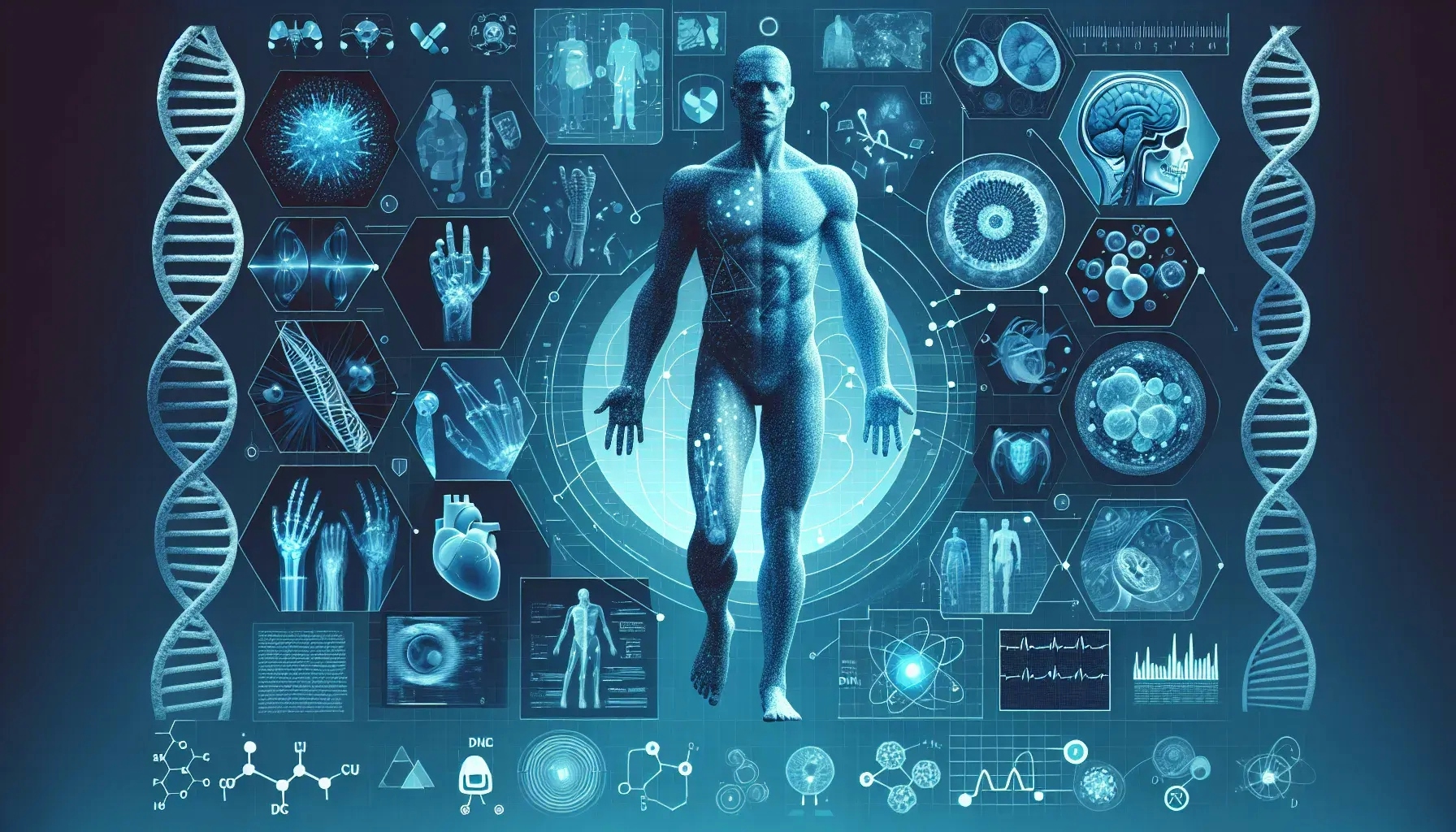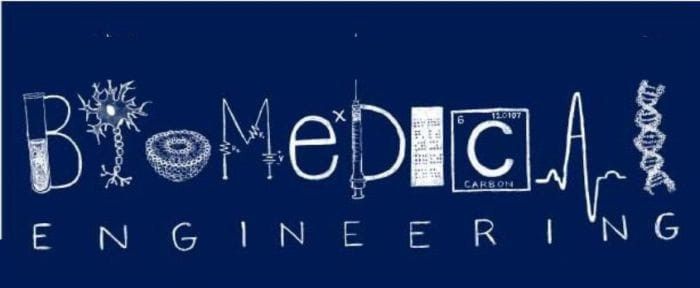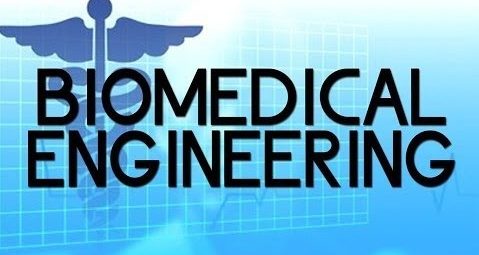Exploring Bioengineering Careers: A Comprehensive Guide
Bioengineering, an interdisciplinary field combining principles of biology, engineering, and technology, offers exciting and diverse career opportunities. This comprehensive guide delves into various aspects of bioengineering careers, including educational requirements, job roles, industry trends, and prospects. Whether you’re a prospective student, a professional seeking a career change, or simply curious about the field, this guide aims to provide valuable insights into bioengineering careers.
1. Understanding Bioengineering
1.1 Definition and Scope
Bioengineering, also known as biomedical engineering, integrates engineering principles with biological sciences to develop technologies and solutions that improve healthcare and biological systems. This field encompasses a wide range of applications, from medical devices and diagnostic tools to tissue engineering and synthetic biology.
1.2 Key Disciplines Within Bioengineering
- Biomedical Engineering: Focuses on the development of medical devices, imaging systems, and prosthetics.
- Biomaterials: Studies materials designed for medical implants or tissue engineering.
- Biomechanics: Examines the mechanics of biological systems and their interactions with engineering principles.
- Systems Biology: Uses computational and modelling techniques to understand complex biological systems.
Law Enforcement Careers: Opportunities, Challenges, and Pathways
2. Educational Pathways
2.1 Undergraduate Degrees
Most bioengineering careers begin with a bachelor’s degree in bioengineering, biomedical engineering, or a related field. Key coursework typically includes:
- Biology and Chemistry: Fundamental sciences that underpin the field.
- Mathematics and Physics: Essential for modelling biological systems and designing engineering solutions.
- Engineering Principles: Covers subjects such as thermodynamics, fluid dynamics, and materials science.
2.2 Graduate Studies
A master’s degree or Ph.D. in bioengineering or a related field can open doors to advanced research positions, specialized roles, or academic careers. Graduate studies often involve:
- Specialized Courses: Advanced topics in areas such as regenerative medicine, nanotechnology, or computational biology.
- Research Projects: Opportunities to work on cutting-edge research and develop new technologies or therapies.
2.3 Continuing Education and Certifications
To stay current with technological advancements and industry standards, bioengineers may pursue certifications or continuing education. Certifications such as the Professional Engineer (PE) license can be beneficial for career advancement.

3. Career Opportunities in Bioengineering
3.1 Medical Device Design and Development
Role Overview: Bioengineers in this field design and develop medical devices such as pacemakers, artificial joints, and diagnostic equipment.
Key Responsibilities:
- Design and Prototyping: Create and test new medical devices.
- Regulatory Compliance: Ensure that devices meet safety and efficacy standards.
- Collaboration: Work with clinicians and researchers to address clinical needs.
Skills Required:
- Mechanical and Electrical Engineering: Knowledge of device functionality and manufacturing.
- Clinical Knowledge: Understanding of medical conditions and device requirements.
3.2 Biomechanics
Role Overview: Biomechanics specialists study the mechanical aspects of biological systems to improve the design of medical devices and rehabilitation technologies.
Key Responsibilities:
- Analysis: Study the forces and motions of biological systems.
- Modelling: Develop computational models to predict biomechanical behaviour.
- Rehabilitation: Design devices to aid in physical recovery.
Skills Required:
- Physics and Mechanics: Expertise in the physical principles governing biological systems.
- Data Analysis: Ability to analyze complex biomechanical data.
3.3 Biomaterials
Role Overview: Experts in biomaterials develop materials used in medical implants and devices that interact with biological systems.
Key Responsibilities:
- Material Development: Create and test new materials for biocompatibility.
- Research: Investigate material properties and interactions with biological tissues.
- Application: Apply materials in real-world medical scenarios.
Skills Required:
- Material Science: Knowledge of the properties and behaviour of materials.
- Biology: Understanding of biological interactions with materials.
3.4 Tissue Engineering
Role Overview: Tissue engineers work on creating artificial tissues and organs to replace or repair damaged body parts.
Key Responsibilities:
- Cell Culturing: Grow and manipulate cells to form tissue constructs.
- Scaffold Design: Develop structures to support tissue growth.
- Clinical Trials: Test new tissue engineering approaches in clinical settings.
Skills Required:
- Cell Biology: Knowledge of cell growth and differentiation.
- Engineering Techniques: Expertise in scaffold fabrication and tissue development.
3.5 Systems Biology
Role Overview: Systems biologists use computational models to understand and predict biological processes and interactions.
Key Responsibilities:
- Model Development: Create models to simulate biological systems.
- Data Integration: Analyze large datasets to gain insights into biological functions.
- Collaborative Research: Work with biologists and engineers to develop new approaches.
Skills Required:
- Computational Skills: Proficiency in programming and data analysis.
- Biological Knowledge: Understanding of biological systems and processes.
4. Industry Trends and Future Directions
4.1 Emerging Technologies
- Personalized Medicine: Advances in genomics and biotechnology enable personalized treatments tailored to individual genetic profiles.
- Regenerative Medicine: Innovations in stem cell research and tissue engineering hold promise for repairing or replacing damaged tissues and organs.
- Nanotechnology: The development of nanoscale materials and devices offers new possibilities for diagnostics and targeted therapies.
4.2 Growing Demand
The ageing population and increasing prevalence of chronic diseases drive demand for advanced medical technologies and innovative treatments. Bioengineering professionals are at the forefront of addressing these healthcare challenges.
4.3 Interdisciplinary Collaboration
Bioengineering is inherently interdisciplinary, involving collaboration between engineers, scientists, clinicians, and other professionals. This collaborative approach fosters innovation and accelerates the development of new technologies and treatments.

5. Career Development and Advancement
5.1 Networking and Professional Associations
Joining professional organizations such as the Biomedical Engineering Society (BMES) or the Institute of Electrical and Electronics Engineers (IEEE) Engineering in Medicine and Biology Society (EMBS) can provide valuable networking opportunities, resources, and professional development.
5.2 Continuing Education
Attending workshops, conferences, and seminars helps bioengineers stay updated with the latest advancements and trends in the field. Pursuing additional certifications or advanced degrees can also enhance career prospects and open doors to new opportunities.
5.3 Career Pathways
Bioengineers have various career pathways, including:
- Academic Careers: Teaching and conducting research at universities or research institutions.
- Industry Careers: Working in medical device companies, pharmaceutical companies, or biotechnology firms.
- Entrepreneurship: Starting or joining startups focused on innovative biomedical technologies.
Bioengineering offers a diverse range of career opportunities that blend engineering principles with biological sciences to address complex healthcare challenges. From designing medical devices to advancing tissue engineering and systems biology, bioengineers play a crucial role in improving health outcomes and advancing medical technologies.
As the field continues to evolve with emerging technologies and increasing demand, bioengineers can look forward to a dynamic and rewarding career. By pursuing relevant education, gaining practical experience, and staying current with industry trends, aspiring bioengineers can pave the way for a successful and impactful career in this exciting field.





Post Comment